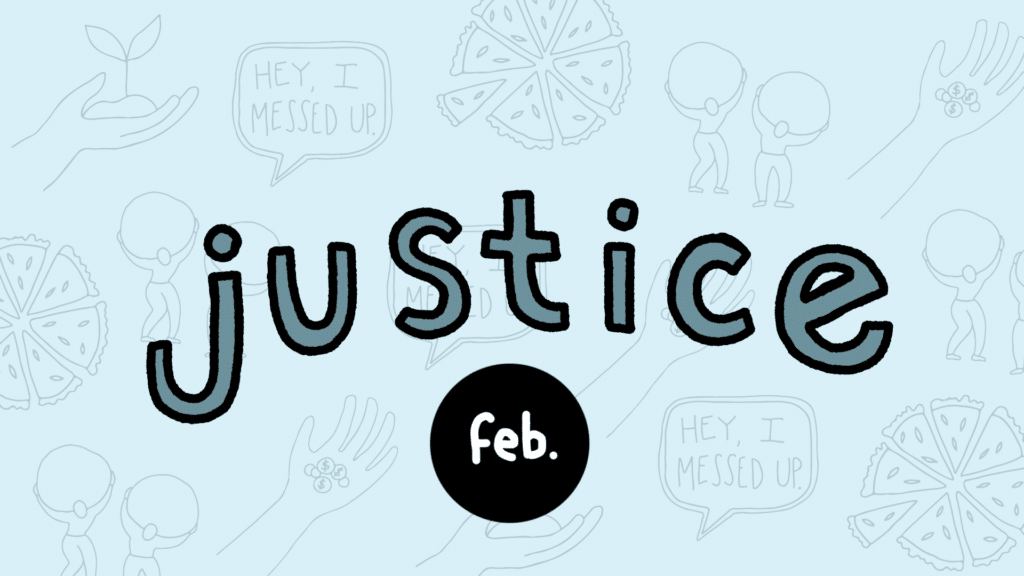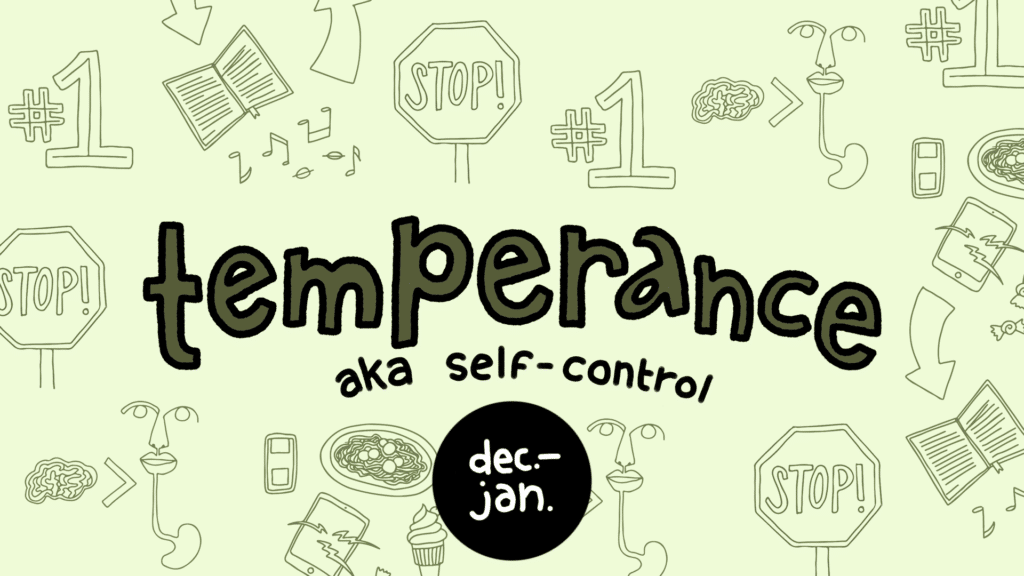
{photo by Cheryl McCabe}
7th and 8th grade students at SLOCA have the unique advantage of taking Logic as one of their regular subjects. Jenna Burns, our UMS Logic teacher, wrote in to tell us about a special assignment they’ve been working on this trimester, as well as a fun culmination activity:
By Jenna Burns
The author of Alice’s Adventures in Wonderland (AAW) Charles Dodgson, pen name Lewis Carroll, taught Mathematics and Logic at Oxford for over forty years. We read AAW in Logic class because the book is a prime example of a world without Logic. Characters commit logical fallacies at every opportunity and nearly every action taken by a character is irrational. The nonsensical conversations quickly frustrate the reader. The brain is challenged every page – at times, every sentence – to unravel the knots in a character’s flawed reasoning. Our brow lines crease, lines are read and reread, and we are forced to work to follow trains of thought only to have them end in absurdity. Logic becomes the hero of the story. When it arrives, appearing then disappearing as quickly as the Cheshire Cat, the reader sighs in relief or cheers aloud. Perhaps, if you are me, you might write in the margin, “Did that argument actually make sense?” . . . in sheer surprise.

{photo by Cheryl McCabe}
As they read AAW, our SLOCA students had to identify and explain illogical moments in an assignment called “Illogical Spotlights.” In this identification exercise, students gave a name or a label to the illogical moments, and in doing so they made sense of the nonsense, order from the chaos. The curtain of a bizarre conversation, for example, was pulled away and nothing more than an equivocation fallacy remained. It reinforced many logic skills and concepts we had learned. But best of all, the reading of AAW instilled in many of our students a deeper appreciation for logic. In the quirky world of Wonderland students were able to safely explore the dangers of the absence of Logic. My hope is the experience inspires them to uphold logic against the dangers of irrational thoughts and behaviors in our real world.

{photo by Cheryl McCabe}
We celebrated the end of the book with our own Mad Tea Party. Students wore hats, drank from tea cups, ate tea sandwiches and enjoyed themselves. Students also excelled at our review game that involved painting roses red and playing croquet Wonderland style. It was a special celebration of a group who had all journeyed through a very strange shared experience and came out the other end, hopefully wiser, and certainly more willing than ever to use a flamingo to hit a hedgehog.

{photo by Cheryl McCabe}
Thanks for reading,
Jenna Burns
7th & 8th grade Logic Teacher
I asked students, “What was the most valuable thing you gained from reading AAW?” Read on to hear some of the responses!
- “If we just learned these fallacies but didn’t see them that much, I might not have been able to understand them in my brain as much as I do now with reading AAW and seeing the fallacies that we learned in the book,” – Lily.
- “If you regularly commit fallacies, it is a disaster. And if you don’t catch them you or the other person will be confused or thinking the statement is true. However, you can use fallacies to your advantage,” – Nicholas.
- “I learned how much Logic can be helpful in everyday life and how annoying being illogical can be, and that AAW is not a book for someone that is very logical,” – Dylan.
- “I was exercising my brain by trying to find fallacies directly from the reading. I think that it helped them sink in, and it wasn’t just like I was memorizing notes,” – Kate.
- “Assuming things and jumping to conclusions can end poorly. Wait until you have evidence to support your assumption,” – Malia.
- “We should all be really glad logic exists, because without it the world would be a very strange place,” – Emily.

{photo by Cheryl McCabe}
Thanks for sharing this, Mrs. Burns! What a fun way to celebrate the study of this classic book, so perfectly suited to our Logic class. We are so grateful that our students are being being equipped with the skills of Logic and critical thinking! Here are a few more photos taking during the Mad Tea Parties from both tracks:

{photos by Nikol Rochez and Cheryl McCabe}

{photos by Cheryl McCabe and Nikol Rochez}

{photo by Nikol Rochez}

{photos by Nikol Rochez}

{photo by Cheryl McCabe}













